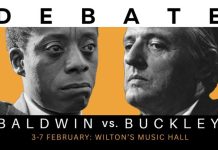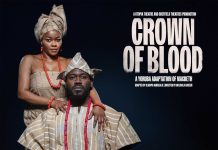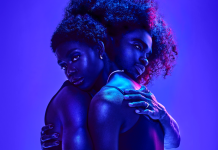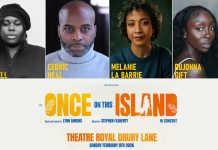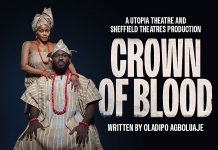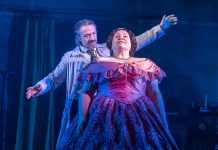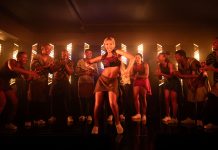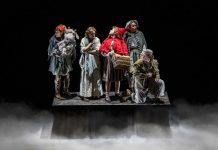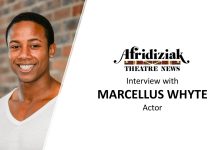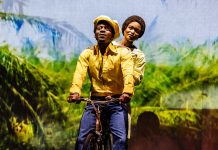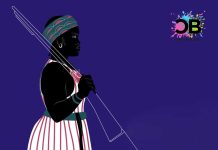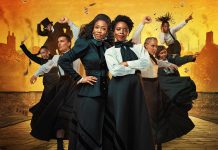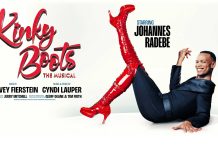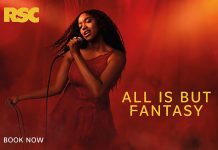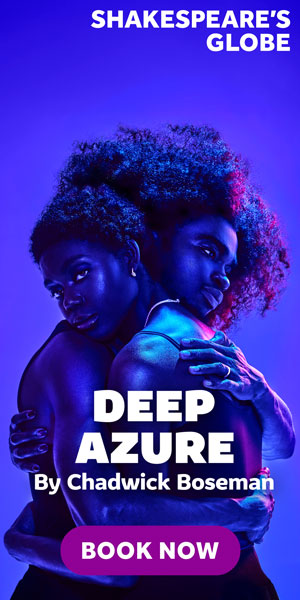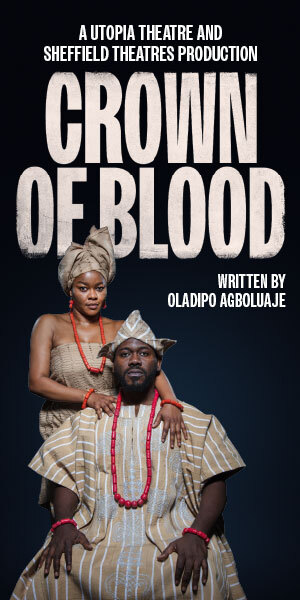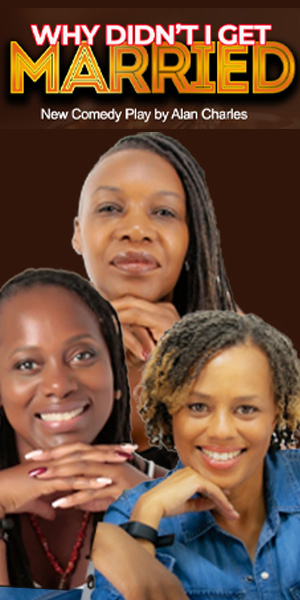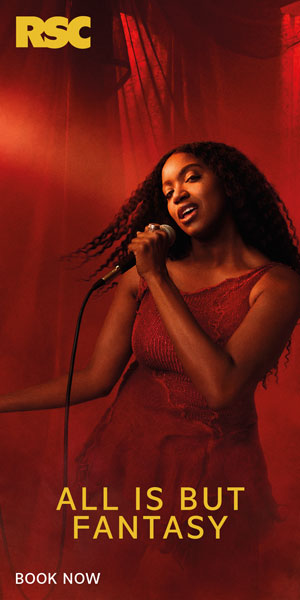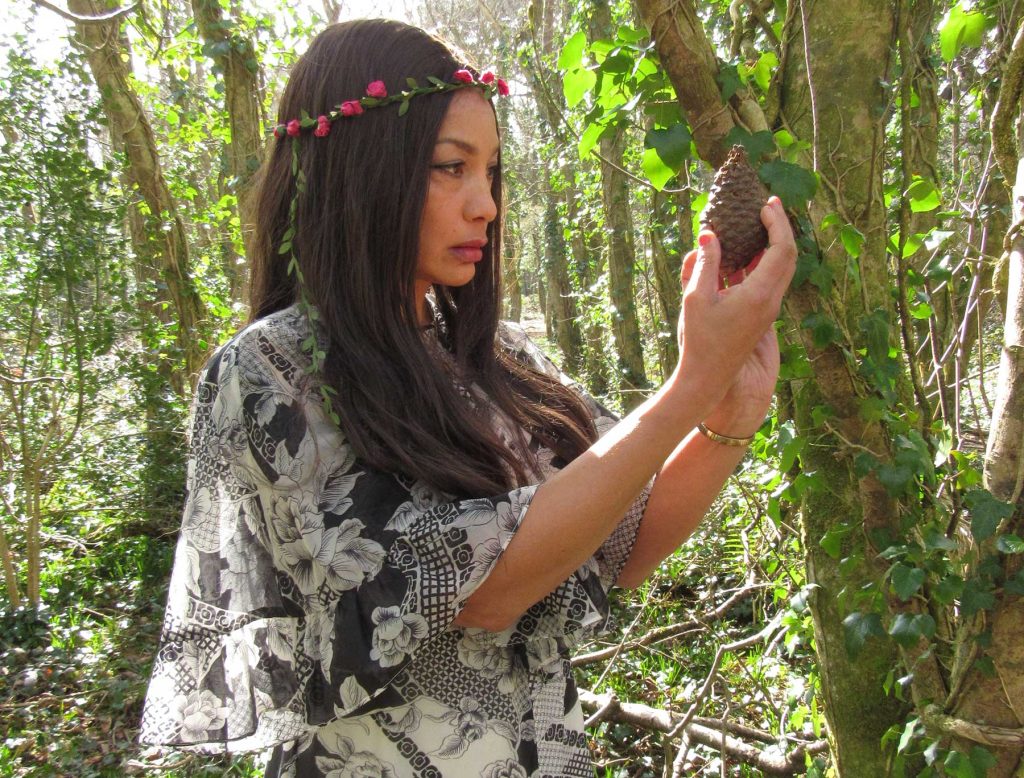
Recently hailed as one of MOJO’s ‘voices taking folk into the future’, Angeline Morrison is a singer, multi-instrumentalist and songwriter whose work combines a deep love of traditional song, a deep respect for the hidden ancestral voices of Old Albion, explorations and reimaginings of diaspora, nation and history, and a strong belief in magic and enchantment as powerful charms for decoloniality.
Welcome to the Black British Folk Revival; guest curator Angeline Morrison and friends take over Cecil Sharp House with folk sounds, songs, and stories that shine a long overdue light on the African Diaspora’s love for, and ongoing conversations with, British folk.
This first of its kind festival-style all-dayer includes folk music styles from traditional ballad singing to contemporary, experimental folk-inspired music, as well as a live conversation on African diasporic relationships with British folk, and a folk club led by the musicians and open to all audience members.
Featuring music from Angeline Morrison & Mataio Austin Dean, Germa Adan, Bethany Weimers, Marie Bashiru, Border Widow, Calliope, Cohen Braithwaite-Kilcoyne and Muco. Plus conversation with Zakia Sewell and Emma Kathryn, interviewed by Angeline.
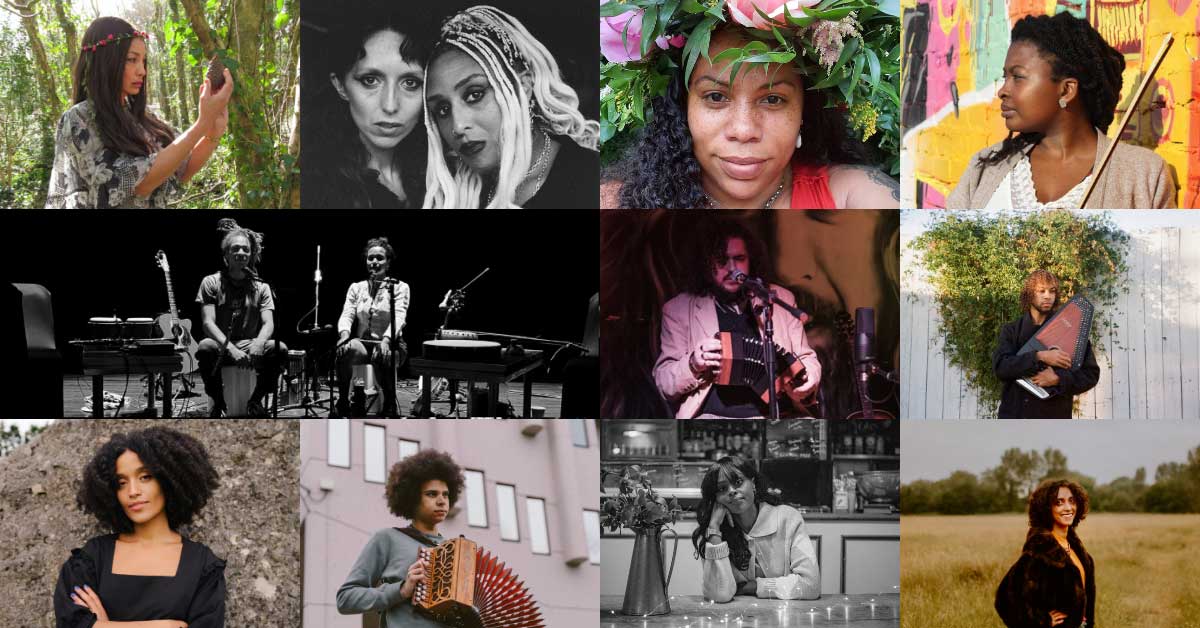
How did you become a folk musician?
Music is my first language, I don’t remember a time when I wasn’t inventing music and songs inside my head. My first musical instructor was my Uncle Alex, a self-taught master fiddle player. He found a bashed up fiddle with two strings or something, and encouraged me to play around with it, finding notes and making sound. I’d also hear English folk songs sung around the house all the time by my Jamaican Mum, who learned them in school back home – except as a child I didn’t know what these songs were. When I later heard what I could identify as English folk music, I had a full-body love response. So maybe those early seedlings had something to do with it.
What was your vision when curating the Black British Folk Takeover?
There’s a history of Black involvement in British Folk music that deserves to be more widely known. Musicians such as Cliff Hall of the Liverpool Spinners who brought Jamaican repertoire to English folk, the highly influential Davy Graham, Cy Grant regularly singing Calypso on British national TV in the mid twentieth century, Dorris Henderson and Nadia Cattouse who played key roles in the 1960s folk revival – there are so many. I want to celebrate them, and also shine a long overdue light on contemporary British folk musicians of the African and Caribbean diasporas, who are engaging with the music in some incredible, creative ways. So the event will show a range of folk music from the highly traditional through folk-pop and modern experimental sounds inspired by folk. I wanted to show the breadth of creativity. Also, there’ll be a folk club where audience members can join in, and an in-conversation with two incredible black women who are inhabiting folk in very inspiring ways. It’s a real honour that the English Folk Dance and Song Society are putting on this event. They’re the beating heart of folk in England, so it’s great that they recognise our community’s contributions to the music.
Who are your musical inspirations?
How long have we got? There are so many – but I live in awe of Martin Carthy, Shirley Collins, Dorris Henderson. I love and am very influenced by soul music, Sam Cooke always makes everything alright again. And I’m currently obsessed with mento, a folk music of Jamaica.
Not many folk musicians look like you, it’s great to see you challenging perceptions on who can be a folk musician. How to do you navigate being in that space?
The folk scene is famous for its friendliness and welcoming vibe, so that always helps. But yes, there can be challenges.
What’s a typical day in the life of Angeline Morrison look like?
It depends if I’m touring, composing and recording, or seeking inspiration. So there isn’t really a typical day right now. But one thing I always try to do, wherever I am, is to spend time walking around, looking and listening, getting a feel for the land, the people, the genius loci.
Tip for the next generation of folk musicians of colour?
Keep making your music. Your work is vital and valuable.
QUICK FIRE
Earliest memory of performing in front of a crowd
Probably one of the interminable plays I’d make in the style of a Victorian melodrama, with songs, performed for a set of reluctant parents (mine & the parent of whichever friend had come round to play and was being collected).
Why should we come to the Black British Folk Takeover
If you’d love to hear some brilliant contemporary folk music, hear some inspiring conversation and join in a folk club led by Black British Folk musicians, this is for you.
Last gig you went to?
It’s not exactly a gig, but I saw Boss Morris dance yesterday and it was so joyous.
Last book you read?
The Quiet Ear by the poet Raymond Antrobus. A deeply moving memoir about growing up, deafness and blackness.
Need to know: Black British Folk Takeover – Sat 4 Oct | Cecil Sharp House, 2 Regent’s Park Road, London NW1 7AY

